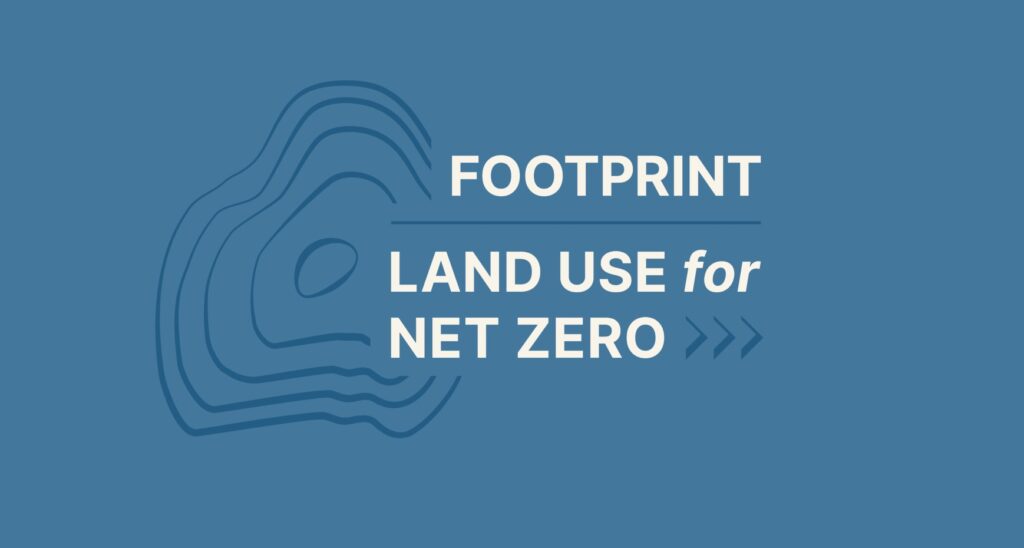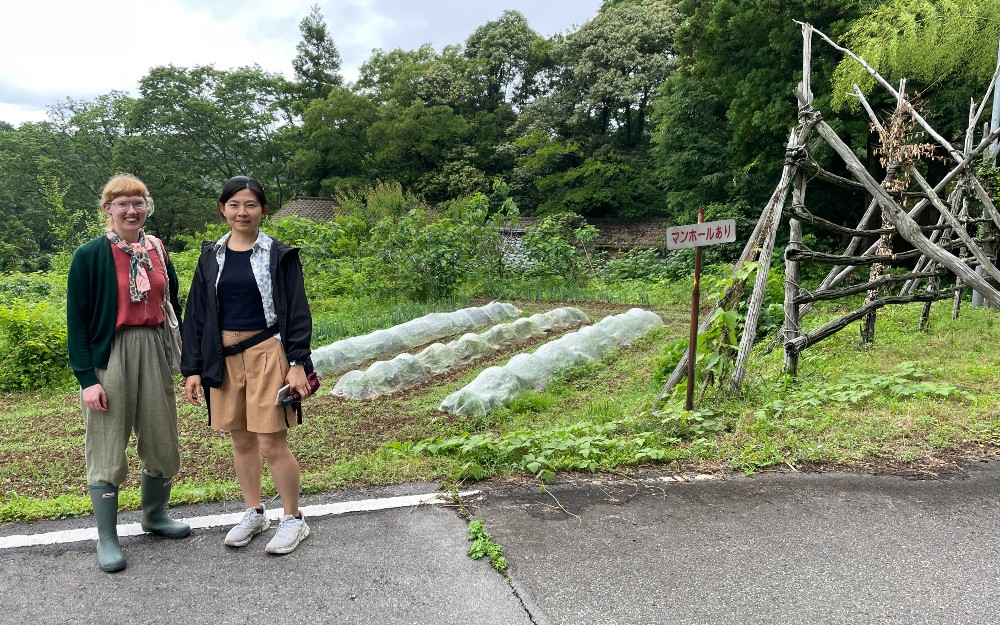The Nordic Geographer’s Meeting (NGM) is a biennial, 3-day conference organised on a rotating basis by universities in Finland, Sweden, Norway, Denmark and Iceland. The 10th NGM will take place in Copenhagen from 24th-27th June 2024. At this year’s conference CCRI’s Daniel Keech will be co-hosting two sessions and is now inviting calls for papers for them.
The 10th NGM will take place in Copenhagen from 24th-27th June 2024. For full details regarding the programme, including registration and other information please visit the event website. This will be regularly updated over the coming weeks.
Having met at the 8th NGM in Trondheim in 2019, CCRI’s Daniel Keech has continued to work closely with Prof Brita Hermelin from Linköping University (LiU), and Prof Margareta Dahlström from Karlstad University, in Sweden. A joint session on sustainable transformation and rural-urban links was hosted by the trio at the 9th NGM in 2022 in Joensuu, Finland.
This year, Brita and Daniel will co-host a session on ‘cultural, social and institutional factors which influence place-based developments‘. A second session co-hosted by Daniel and LiU colleagues Ida Grundel and Kristina Trygg will cover the ‘influence of experimental governance on urban and regional planning‘.
Calls for both sessions in addition to the numerous other sessions being held will be listed on the conference web-site by early April. However, the CCRI is pleased to provide details of the two sessions co-hosted by Daniel, including the necessary contact details, below.
Call for papers – Place based interventions for local development – social, cultural, and institutional factors
The Barca report from 2009 made arguments about the importance of place for regional development and that the geographical context really matters. The ideal of place-based development initiatives has become an important pillar for EU cohesion policy and resonates with policy objectives for the 2021–27 program period to enhance the involvement of regions and cities for EU policymaking. Scholarly work on place-based development initiatives is proliferating. The research debate also raises critical reflections in relation to how the idea of place-based development initiatives is conceived, as well as for the regional effects they are found to achieve. This debate includes indications of an over-emphasizing of the endogenous determinants of a region’s development capacity and that the impacts of multi-level as well as extra-local relationships for local interventions are neglected. In addition, research gaps expose how we understand that qualitative factors, stressed through the place-based approach, develop and impact local development. With this background we invite papers for this session that discuss place-based development interventions from various angles.
Main topics include but are not limited to:
- The role of institutions for local development and how these transforms over time.
- The interrelationships between local and extra-local relations for place development.
Abstracts for papers (maximum 250 words) for consideration are welcome. Please submit to organisers as detailed below:
Brita Hermelin Linköping University, Sweden: brita.hermelin@liu.se
Daniel Keech, University of Gloucestershire, UK: dkeech@glos.ac.uk
Call for papers – Influence of experimental governance on urban and regional planning
This session focuses on experimental governance (EG) and strategic urban and regional planning. EG is being implemented increasingly in cities around the world as a model for urban and regional change, through e.g. city street experiments, living labs, testbeds, innovation districts, and demonstration arenas, where experimentation is used to test innovative solutions to address urgent sustainable challenges and uncertainties.
The set-up of experimentation is often built on public-private partnerships and co-creation processes, but where local authorities have become a key stakeholder or initiator. This stretches the responsibilities of local authorities beyond traditional practices of urban and regional planning, public services and local democracy. In particular, the expectations on local authorities to deal with complex sustainability issues at a local level are high and pose significant governance and capacity challenges to drive change. How this is done varies geographically and functionally.
Main topics include but are not limited to:
- What kind of experiments are taking place; how are they experimental?
- What institutional capacity is used to govern urban and regional experimentation?
- What forms of EG seem more/less effective and in which functional areas (e.g. economy, land use, health, transport, culture)?
- How is EG influencing urban and regional planning processes, practices and networks?
Abstracts for papers (maximum 250 words) for consideration are welcome. Please submit to organisers as detailed below:
Kristina Trygg, Linköping University, Sweden: Kristina.trygg@liu.se
Ida Grundel, Linköping University, Sweden: ida.grundel@liu.se
Daniel Keech, University of Gloucestershire, UK: dkeech@glos.ac.uk




